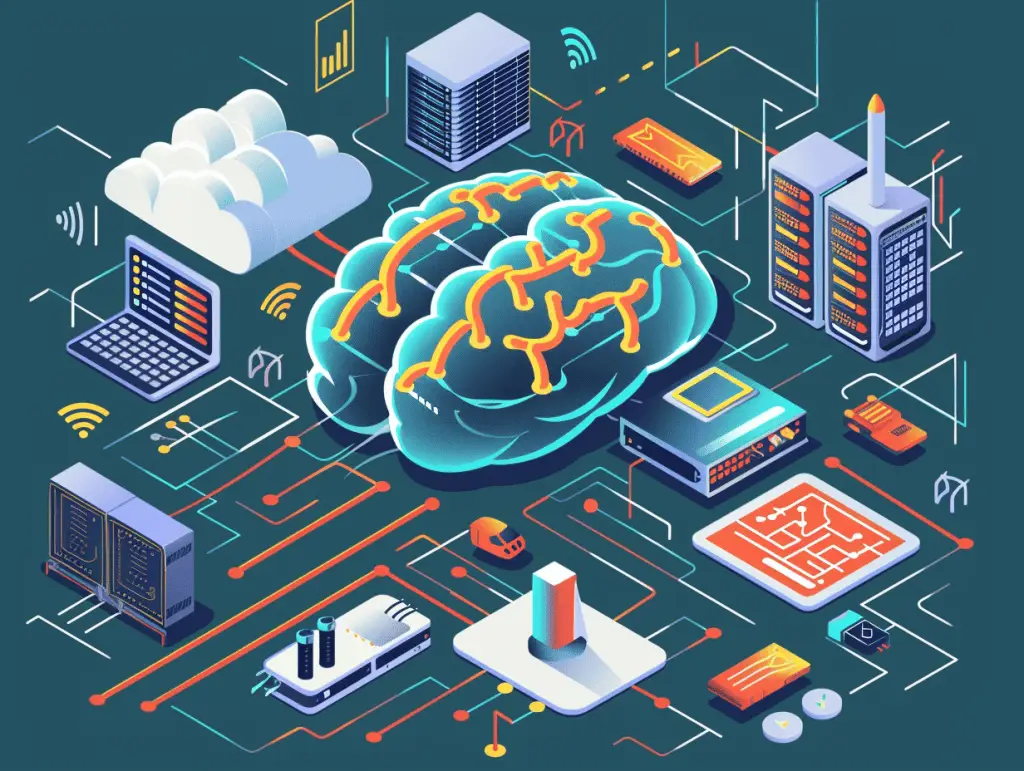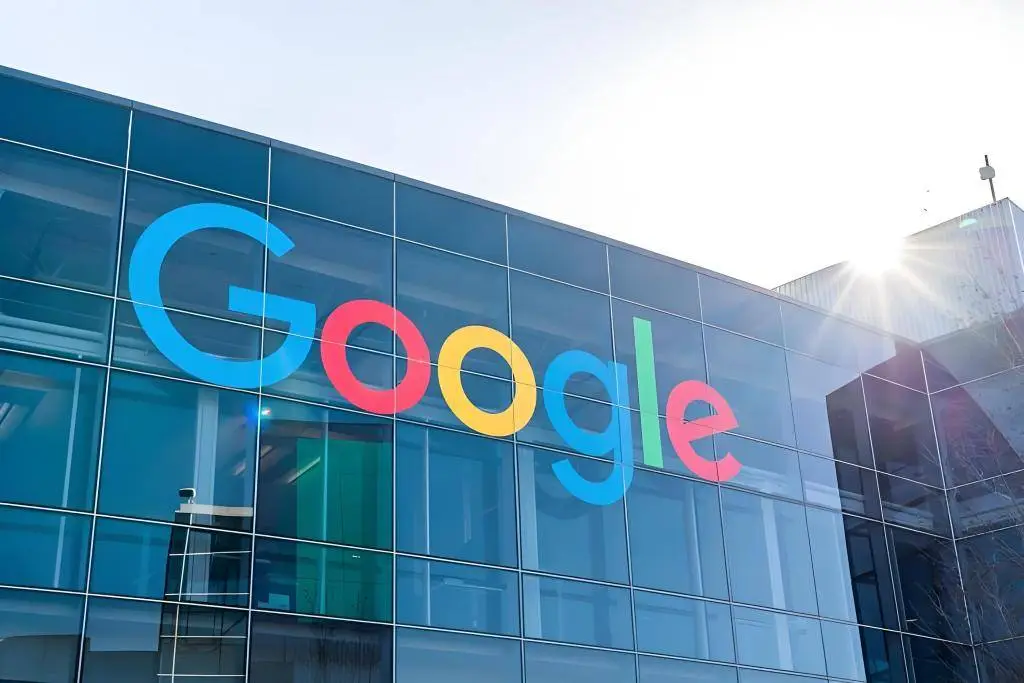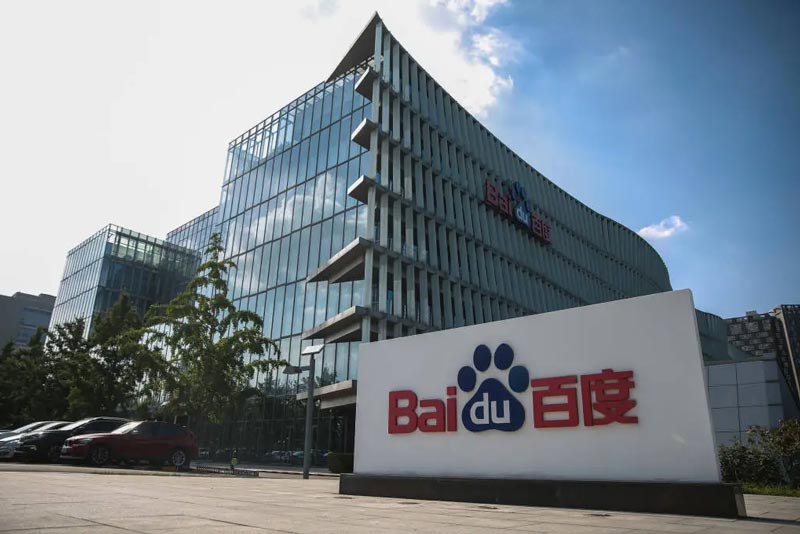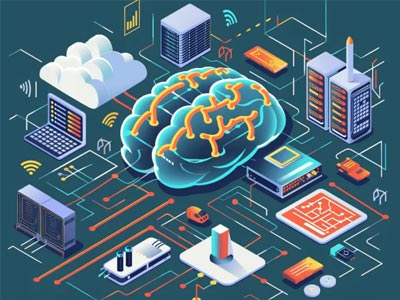Search engines, the gateway to information in the internet age, are undergoing profound changes brought about by AI big models.
A recent report released by research firm SEMrush predicts a key inflection point: Led by Google and ChatGPT, AI search traffic is expected to surpass traditional search by early 2028.
If Google fully transitions to an AI model, this timeframe may even be advanced.

The report also points out that AI search traffic is more valuable, with a conversion rate approximately 4.4 times that of traditional search.
This is because users receive more complete and structured answers through AI search, shortening their decision-making process and often visiting websites with clearer behavioral intent (such as purchasing).
Notably, the report also points out that AI has changed the way search content is discovered.
In ChatGPT search results, the sources of cited content are not entirely dependent on traditional rankings; nearly 90% of cited pages were originally ranked 21st or higher.
Google's large-scale models also frequently reference traditionally lower-ranked pages, meaning high-quality, but non-top-tier content has gained new exposure opportunities in the AI era.
• Users are directly asking AI for answers, and emerging challengers are seizing the search market.
AI startups are actively seizing the search market.
OpenAI, a leading emerging technology company, launched ChatGPT Search at the end of October 2024, opening it to all users in December. Users can ask questions in a more natural way, and ChatGPT can optionally retrieve responses from online sources and provide better answers in subsequent conversations based on context.
Another representative company is Perplexity.
In August of this year, Perplexity launched Comet, a browser with its own AI assistant. Users can ask questions in the address bar to receive a summary and source link generated by Perplexity's AI. The assistant can also be used to summarize web pages or watch YouTube videos. It can even assist with simple tasks like adding items to a shopping cart.
Search engines rely on keyword matching and vast indexes to help you find information almost instantly, and they update quickly. The power of large models lies in their ability to understand natural language, reason within context, and directly generate conversational answers. "Specifically, search engines excel at being 'fast and accurate,' throwing a bunch of potentially relevant content at you, letting you choose. Large models then 'process' this information, summarizing it or generating explanations in more natural language, making it clearer, easier to read, and more conversational."
According to data from the analytics firm StatCounter, as of August 2025, Google will hold a whopping 89.89% of the global search engine market share, compared to 90.5% in the same period last year, maintaining a significant advantage.
In comparison, Microsoft Bing, Yahoo, and DuckDuckGo hold market shares of 3.92%, 1.48%, and 0.9%, respectively.

OpenAI CFO Sarah Friar recently revealed that the company's search market share has increased from approximately 6% to 12% in just six months.
She also stated that this data may still be underestimated: "Users may need to perform multiple rounds of polling with ChatGPT (e.g., 5-6 times) to solve a problem. This would be counted as multiple searches in traditional engines, but only as one in ours."
Current market data indicates that AI search has indeed significantly impacted traditional search engines.
Even more noteworthy is the shift in user behavior: a large number of users are now seeking answers directly from AI, rather than searching for information on search engines.
Also, "AI browsers naturally possess the comprehensive interactive service capabilities of multimodal agents, while also being fully upgradeable across existing browsers across platforms. This means they will have the inherent advantage of a massive global user base of billions and web interaction habits, far surpassing other standalone AI applications."
Furthermore, Apple has also been reportedly planning to launch an AI search tool for its voice assistant Siri next year based on its own Apple Foundation Model, in an effort to compete with AI competitors like OpenAI and Perplexity. According to renowned tech journalist Mark Gurman, Apple is exploring various options, including integrating technology from OpenAI, Anthropic, and Google. While Apple hasn't yet finalized which technology to use, Google's Gemini is the most likely candidate.
Of course, startups entering the search market also face numerous challenges.
ChatGPT Search has been criticized for being less reliable than Google for certain queries.
Similarly, shortly after Comet's release, competitor Brave Software reported a security vulnerability that could allow attackers to trick its AI assistant into leaking private user data through hidden commands. However, Perplexity responded that the issue had been fixed before it was discovered.
Notably, both OpenAI and Perplexity have expressed interest in acquiring Google's Chrome browser.
Recently, the judge in the Google online search antitrust case issued a formal ruling on remedies, not forcing Google to divest its Chrome browser or Android operating system, meaning Google avoided the most severe penalties.
However, Google will need to open some search data to qualified competitors.
• Established search engines are undergoing "business upgrades," facing near-term pressure and facing challenges in replacing them.
Currently, established search engines are deeply integrating AI into search at an unprecedented rate.

In 2023, Google launched a generative search experience, later renamed AI Overviews. Intelligent summaries generated by its Gemini model are placed at the top of search results pages, providing users with intuitive answers.
In 2025, Google launched AI Mode, offering users a conversational search experience that can simultaneously query multiple queries, generate in-depth reports with source identification, and gradually expand to understanding images, videos, and even real-time scenarios.
Through these changes, Google is transforming its search engine from a simple "information indexer" to an "intelligent assistant" for users.
Google's longtime competitor, Microsoft, also began integrating AI into Bing Search and its Edge browser in 2023. In addition to similar features like AI Overviews and multimodal interaction, Microsoft is also leveraging AI to enhance the accuracy and relevance of search results through technical methods such as semantic understanding and multi-source verification.
The Chinese search market is also undergoing changes, and Baidu is fully accelerating its intelligent transformation.

In February, Baidu announced the full integration of its latest "deep search" features, including DeepSeek and the Wenxin Big Model. In July, it launched its "biggest overhaul in a decade," upgrading the core search box to a "smart box" that supports long text, photo, voice, and video input, and integrating AI writing and AI drawing tools.
In an August earnings call, Baidu founder Robin Li revealed that Baidu Search is accelerating its transition from static links to intelligent, structured, and multimodal AI answers.
Data confirms this trend: the proportion of AI-generated content on Baidu's mobile search results pages soared from 35% in April to 64% in July; on the Baidu app, over 60% of search results pages feature rich media content (such as images, text, and videos) at the top.
Traditional search isn't yet completely replaced. Today's big models and search engines are more complementary, and major search companies are actively embracing big models to provide more end-to-end and granular information services. This trend is equivalent to a "business upgrade": from a simple "search result list" to "search + generative AI," and then extending to more assistant-like interactions to retain users.
At the same time, market competition has become more diverse. Emerging AI companies are trying to enter the search field by leveraging "big models + retrieval." However, due to the high barriers to entry for the underlying indexing systems, they will struggle to truly replace established search engines in the short term.
The ultimate form of AI search is still under exploration, but the direction is clear: reshaping the user experience. While this short-term transformation may bring revenue pressure, in the long term, AI search holds enormous potential.
Notably, the relationship between news organizations and search engines has also been impacted. According to the UK's The Guardian, since Google users no longer need to navigate to relevant webpages to access AI-generated information, click-through rates for some media outlets have plummeted, forcing both parties to explore new copyright cooperation models.
The depth of technological integration, the improvement of user experience, the innovation of business models, and the impact on the entire information ecosystem will determine the outcome of this battle for search reshaping driven by big models. The competition between giants and emerging players is far from over.




